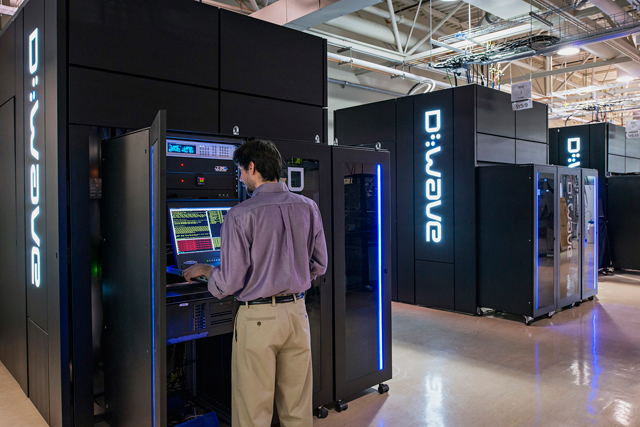
D-Wave previously handed over its 500-qubit D-Wave Two system to both NASA and Google back in 2013, allowing them to use it for search algorithm testing, flight planning, and mission scheduling. Both organizations feel that, although quantum computing isn’t well-developed enough to replace traditional computing, it may well do one day, so getting a head start on the sort of application testing that will be required before that date is a smart plan.
Using D-Wave systems is somewhat of a contentious issue though, as some have questioned whether the company’s large servers even operate on a quantum level (thanks, Fortune). Indeed most quantum computing developments are strictly theoretical, though there are some companies (like Google and Intel) which are said to be working on their own internal developments.
Perhaps it should be considered enough of a testimonial for D-Wave that the likes of Google and NASA are happy to pay for its services, but regardless, quantum computers have the potential to change the way we handle information. By operating in superpositions and freeing developers from the confines of a binary system, the potential for computing power becomes near limitless.
That’s where the possibility of real AI comes from, where photorealistic worlds come from and much more interconnected systems all over the world.
Right now though we’re taking baby steps and D-Wave is at the forefront with it. In a press statement, it said that this recent order from NASA and Google was its biggest ever, so it’s likely to be around for a lot longer too.
Editors' Recommendations
- Google shows off its amazing new Quantum A.I. Campus
- Google declares quantum supremacy in its latest research paper




